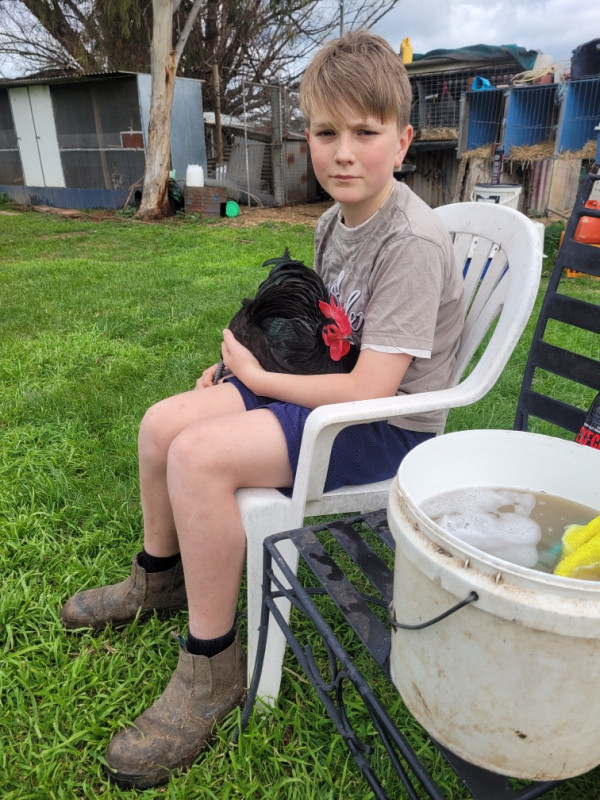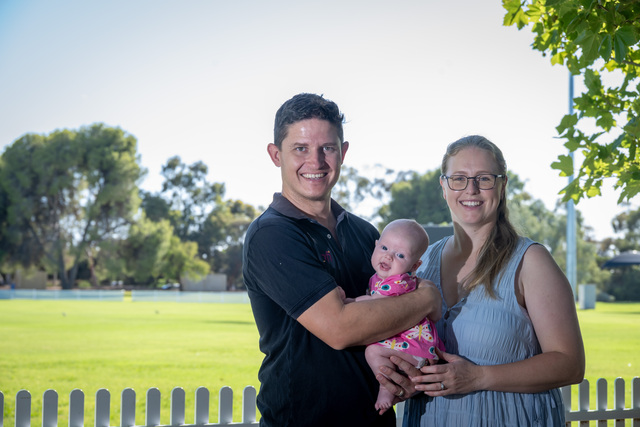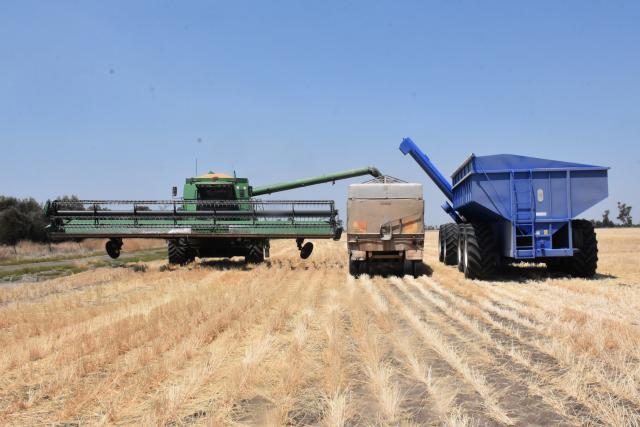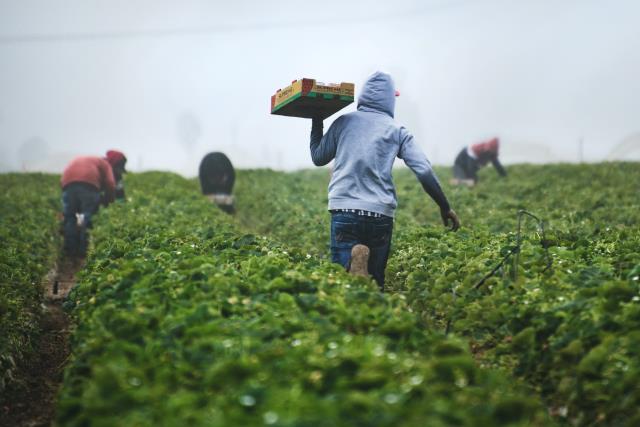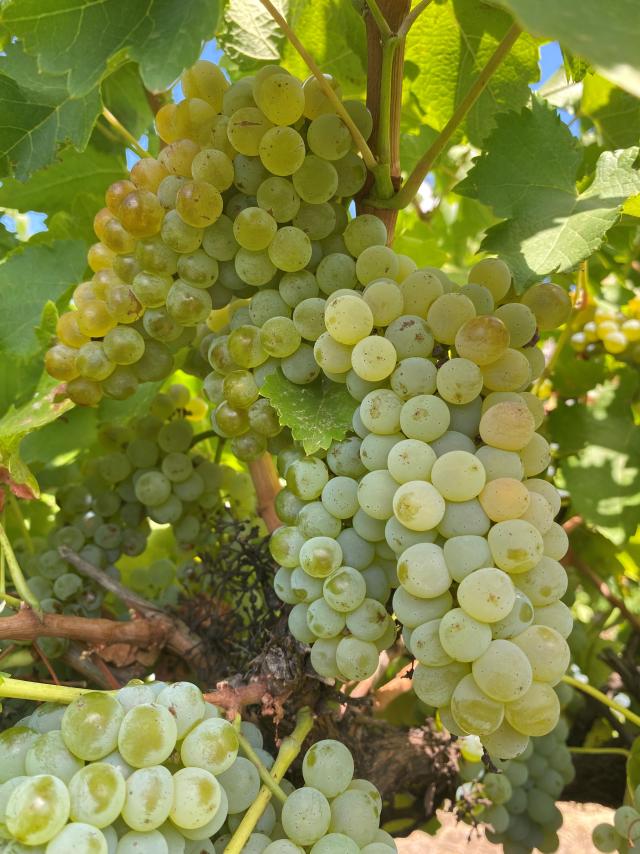THE Australian Dohne Breeders Association has targeted the Wentworth Show as its next address to give more people access to the breed.
Kerang producer and ADBA committee member Darren Gurnett, of Gunyado Stud, has prepared a team of five rams and six young ewes to help spread the message through the pastoral country north of the town.
Darren says the Dohnes might have been created purely for Australian conditions because they have been successful wherever they have gone.
He says they have proved incredibly popular in marginal country because they are such doers – “they don’t just survive, they really thrive”.
“Dohnes are non-seasonal breeders with a high libido and fecundity that are also genuine dual-purpose sheep,” Darren says.
“They cut beautiful, soft wool between 18 and 21 microns and deliver lean and high-yielding carcases with an even fat distribution.
“Even better, they are easy lambers and good mothers with excellent milk production; they are ideal for a self-replacing flock and do not require mulesing.”
Darren and his Dohnes are doing the rounds – from the star-studded line-ups at Hamilton Sheepvention to the Bendigo Wool and Sheep Show.
His role with the breed’s governing body puts Darren in the spotlight in his part of northern Victoria and he is driving the genetic profile of his growing stud ewe flock – now 300 head – to ensure the animals he takes on the road are a blue-ribbon representation of the breed.
“They are a great animal for that pastoral country in west and south-west NSW – there are already plenty of them out there, but with plenty of room for a lot more,” Darren says.
“I have been culling hard in my core flock and have been running commercial Dohnes for a decade as well, concentrating on the stud for the past four.”
Darren will be joined in Wentworth by his 11-year-old son Harrison, who will be staging his own show – with his chooks.
Harrison breeds modern bantams and black Australorp bantams and has put together a number of birds to make the trip north-west.
The Year 6 student says he has been to a couple of shows already this year – and lots of them in the past few years – and the birds he will have at Wentworth represent the best of his latest genetics.
“We incubate about 300 eggs a year and mostly I breed my own roosters – selling birds to breeders and culls also go, some to homes as yard pets and others to breeders as well,” Harrison says.
“I do most of the genetic selection, which roosters will be used and the best birds to mate them with.
“Dad is also into the chooks, he was a breeder himself originally, so we work on them together and it all goes pretty well.”

